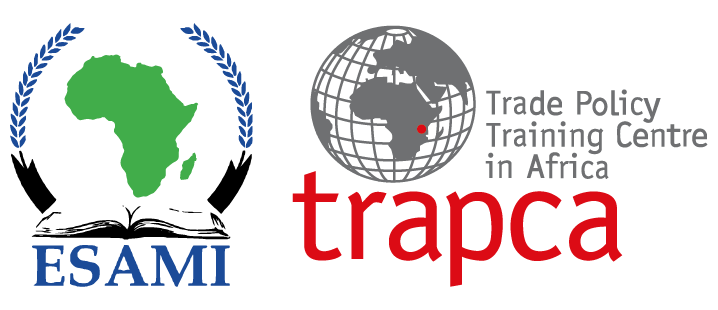Statement of need
Trade negotiations have been a major preoccupation of almost all African countries. Parallel negotiations have generally become a defining feature of these negotiations. Despite lean structures that characterize most African countries’ administrations in charge of trade policy and trade negotiations, trade negotiations at bilateral, regional, RTA and multilateral levels continue to preoccupy countries as they seek to open markets and deepen their trade ties. This course aims to build the competencies and capacities of trade negotiators and further impart the requisite skillset that characterises a successful trade negotiator.
The course on trade negotiations and cooperation introduces participants to the art and science of trade negotiations. It covers key features of international relations and principles that broadly define negotiations in their broader perspectives. The course delves deep into political economy questions that characterize trade negotiations at multilateral, regional, continental, bilateral and domestic levels. It further considers negotiation strategies and methods, phases of negotiation, cross-cultural nature of negotiations, key players in trade negotiations, subject matter for trade negotiations and typology of players in trade negotiations and related rationale for each of these aspects.
Course Objectives
Content
Target group
Duration
One (1) Week
Venue: Arusha, Tanzania
Date: 9th – 13th December 2024
Course Fees
$1,250
